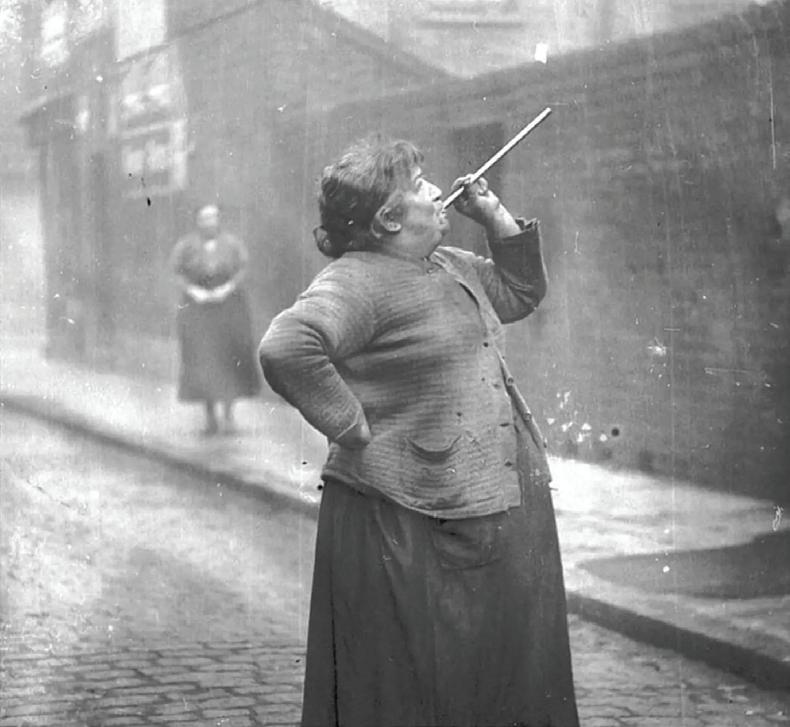
2 minute read
Eumundi Voice Issue 122, 24 July 2025
ON THIS DAY
Knocker-Uppers
In 19th century Britain and Ireland, as people moved from the countryside to mass-scale mills in towns, shipyards or mines, workers found they could not rely on natural cues like crowing roosters to wake each morning and get to work on time. Alarm clocks were expensive and late arrivals at factories meant docking of pay, fines or even dismissal. Therefore, factory workers paid a knocker-upper to wake them each morning.
A knocker-upper was someone who rapped on a client’s window at an agreed time as a wakeup call. Some used long wooden poles, rattles or even pea-shooters. In return, knocker-uppers received a few pence each week. Some would not leave a client’s window until they were certain the person had woken. Others knocked several times on windows and moved on.
Elderly men and pregnant women often took the job of being a knocker-upper. Policemen sometimes supplemented their pay by knocking on clients’ windows during early morning patrols. In County Durham, miners' houses had slate boards set into their outside walls onto which the miners would write their shift details in chalk so that the colliery-employed knocker-upper could wake them at the correct time. These boards were known as "knocky-up boards" or "wake-up slates".
The profession of knocker-upper continued into the 20th century but died out by the 1940s and 1950s with the advent of reliable and cheap alarm clocks.











